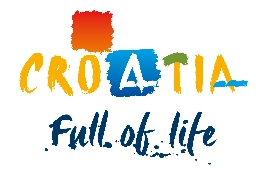







Mediterranean diet
Today considered one of the world’s healthiest nutrition regimes, the Mediterranean diet is increasingly recommended to weight-watchers and for the prevention of heart disease.
Select quality ingredients
It involves the high consumption of leafy and other vegetables (legumes, tomatoes, chard, lettuce, asparagus, onions and garlic), olive oil, fish, pasta, fresh fruits (citrus fruits, grapes, cantaloupe melons and persimmon, apricots, peaches, cherries) and other food stuffs typical of the Mediterranean.
.jpg&w=3840&q=75)
The secret of the Mediterranean diet lies not only in the choice of foodstuffs, but also in the way food is prepared. Favoured cooking techniques include baking, grilling, and boiling. Some foods can also be consumed raw or very lightly cooked.
The healing properties of olive oil
Olive oil in its purest form is added to the prepared dishes. Only the best-quality extra virgin olive oils contain the many medicinal properties that are associated to olive oil.
.jpg&w=3840&q=75)
A healthy diet
The Mediterranean diet also includes the consumption of fish three times a week or whenever possible. Red meat is substituted with chicken or turkey. What makes this diet easy to adhere to is its many aromas and tastes. It also allows a glass of wine with a meal. Desserts are recommended in minimum quantities only.A diet is usually a synonym for giving up on food and going hungry, but this is something entirely different. This type of diet, regardless of the fact it is called a diet, has found a place on numerous tables and households.
The Mediterranean diet has been included in the UNESCO List of Intangible Cultural Heritage (04/12/2013).


Destinations
Additional Information


©2026 Colours of Istria. All rights reserved. No part of this site may be reproduced without our written permission.

















.jpg&w=3840&q=75)






